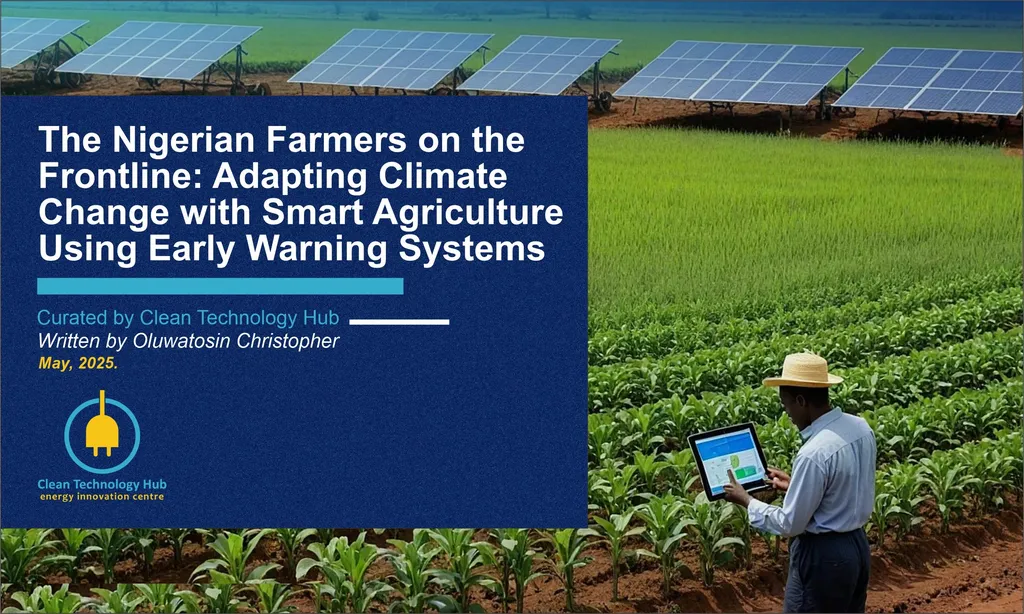In the bustling, sun-drenched landscapes of southwestern Nigeria, a quiet revolution is brewing, one that could reshape how farmers adapt to climate change. A recent study published in the *Journal of Agricultural Extension* reveals that extension professionals in the region are increasingly open to using reality television shows (RTS) to disseminate information on climate-smart agriculture (CSA). The research, led by Rasak Bamidele Olajide of the Department of Agricultural Extension and Rural Development at the University of Ibadan, sheds light on a novel approach to agricultural communication that could have significant commercial impacts for the sector.
The study surveyed 115 extension professionals, finding that while 76.5% were aware of reality television shows, only a small fraction (3.4%) knew of any Nigerian programs using RTS to promote agriculture. Despite this, the potential benefits of RTS for CSA were recognized by 58.6% of respondents. “Reality television shows have a unique ability to engage audiences in a way that traditional extension methods often cannot,” Olajide noted. “They can make complex agricultural concepts accessible and entertaining, which is crucial for encouraging farmers to adopt climate-smart practices.”
The research also highlighted several challenges, including unstable power supply, lack of sponsorship, and the sustainability of such shows. However, the proclivity to use RTS for CSA information was high among extension professionals, with 61.7% expressing a favorable disposition. The study found a positive correlation between the perceived benefits of RTS and the inclination to use them for climate-responsive agriculture, suggesting that as awareness and support for RTS grow, so too will their adoption in agricultural extension.
This research could shape future developments in agricultural communication, particularly in regions where traditional extension methods face limitations. By leveraging the popularity and engagement of reality television, extension professionals can reach a broader audience, fostering greater adoption of climate-smart practices. “This approach has the potential to transform how we communicate with farmers,” Olajide said. “It’s not just about informing them; it’s about inspiring them to take action.”
As the agriculture sector grapples with the impacts of climate change, innovative communication strategies like RTS could play a pivotal role in driving commercial success and sustainability. The study’s findings underscore the need for stakeholders to explore and invest in reality television as a tool for promoting climate-smart agriculture, ultimately benefiting farmers and the broader agricultural economy.

